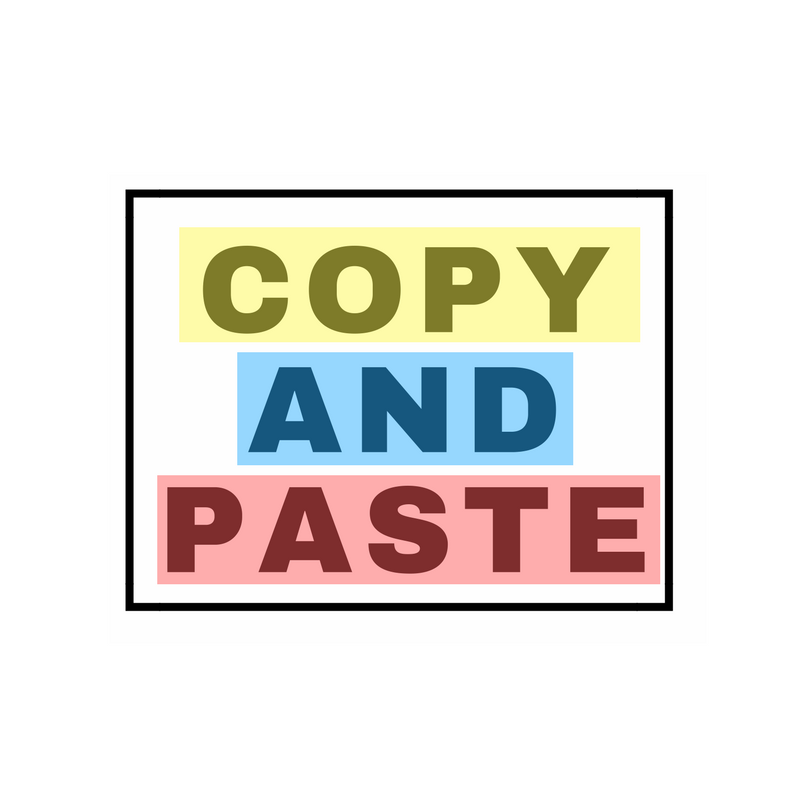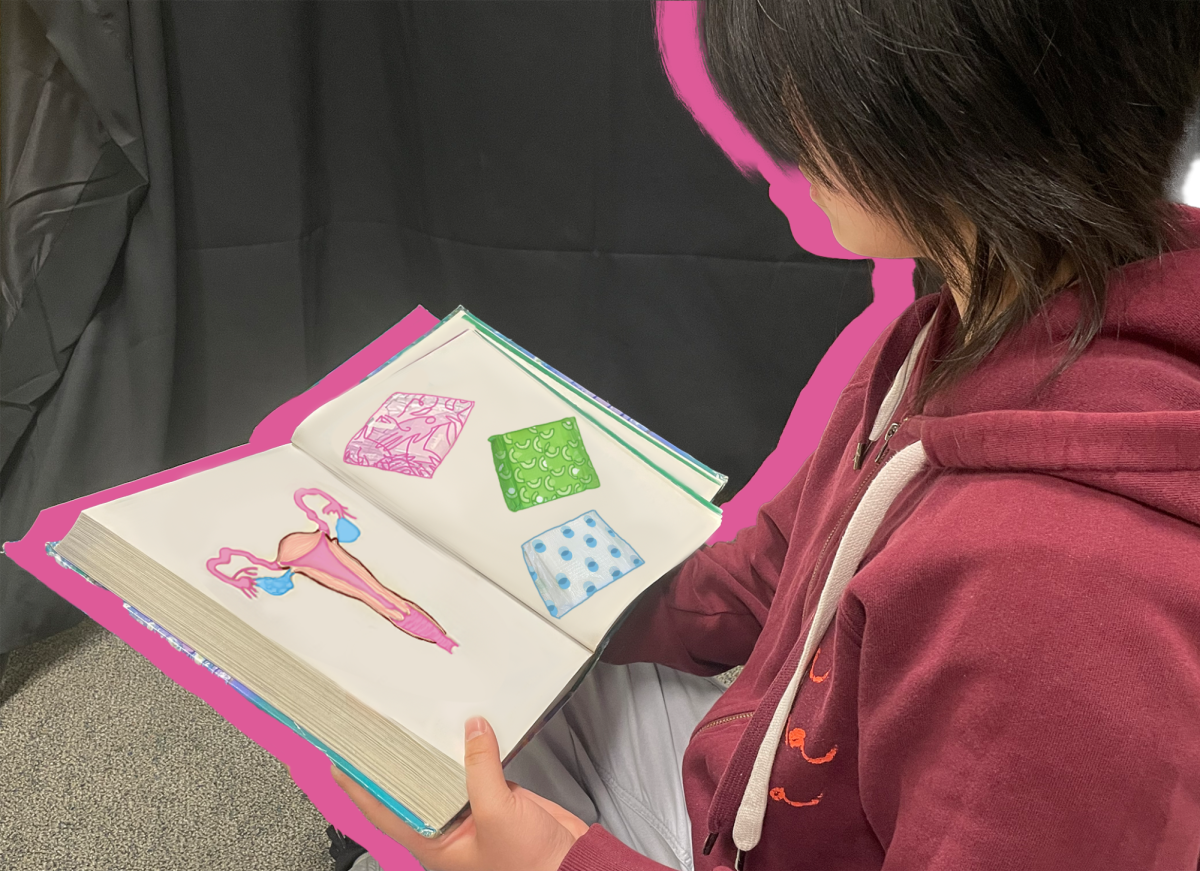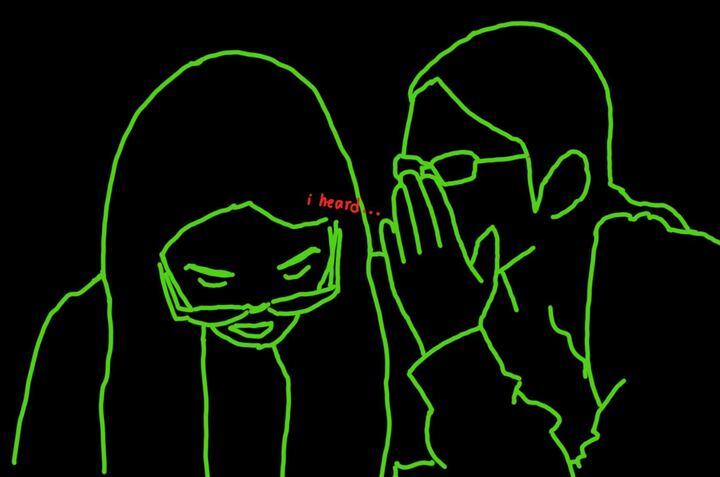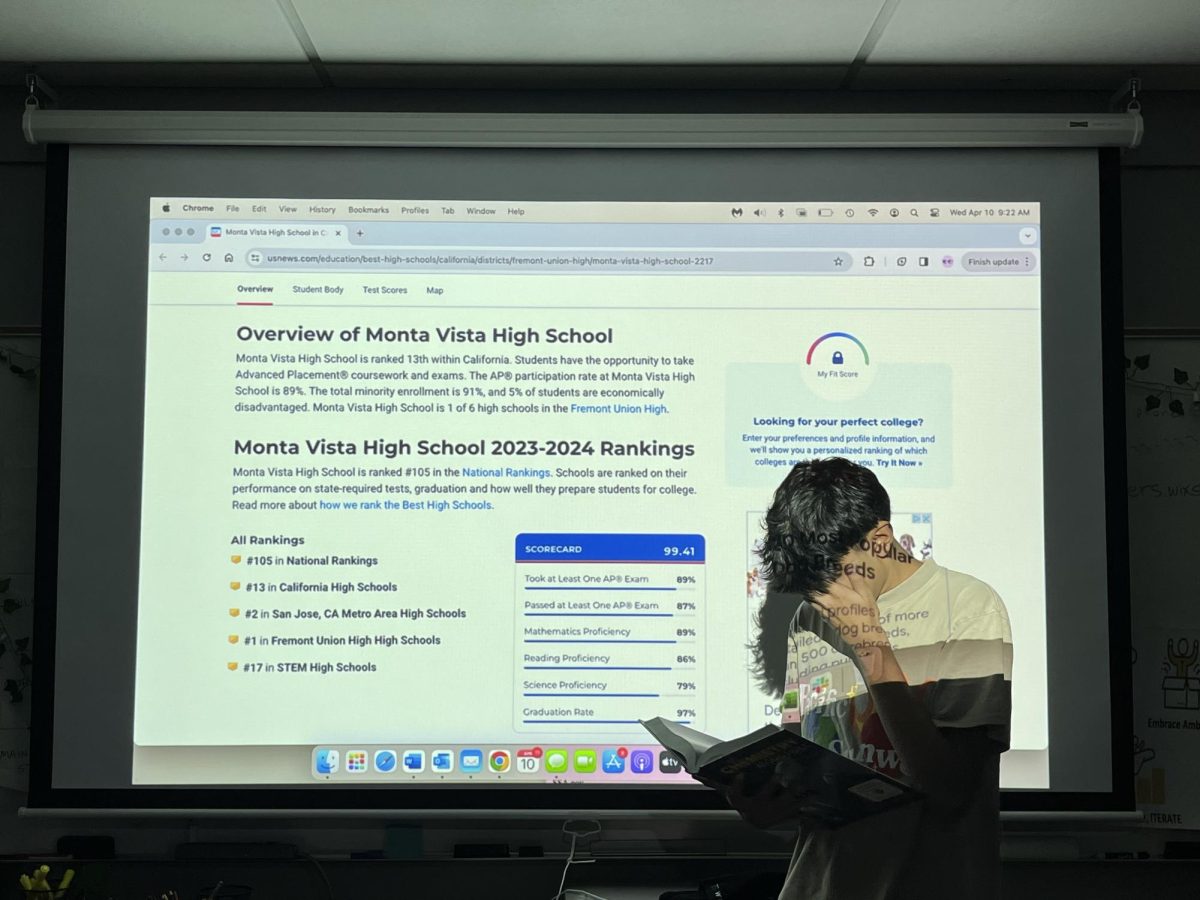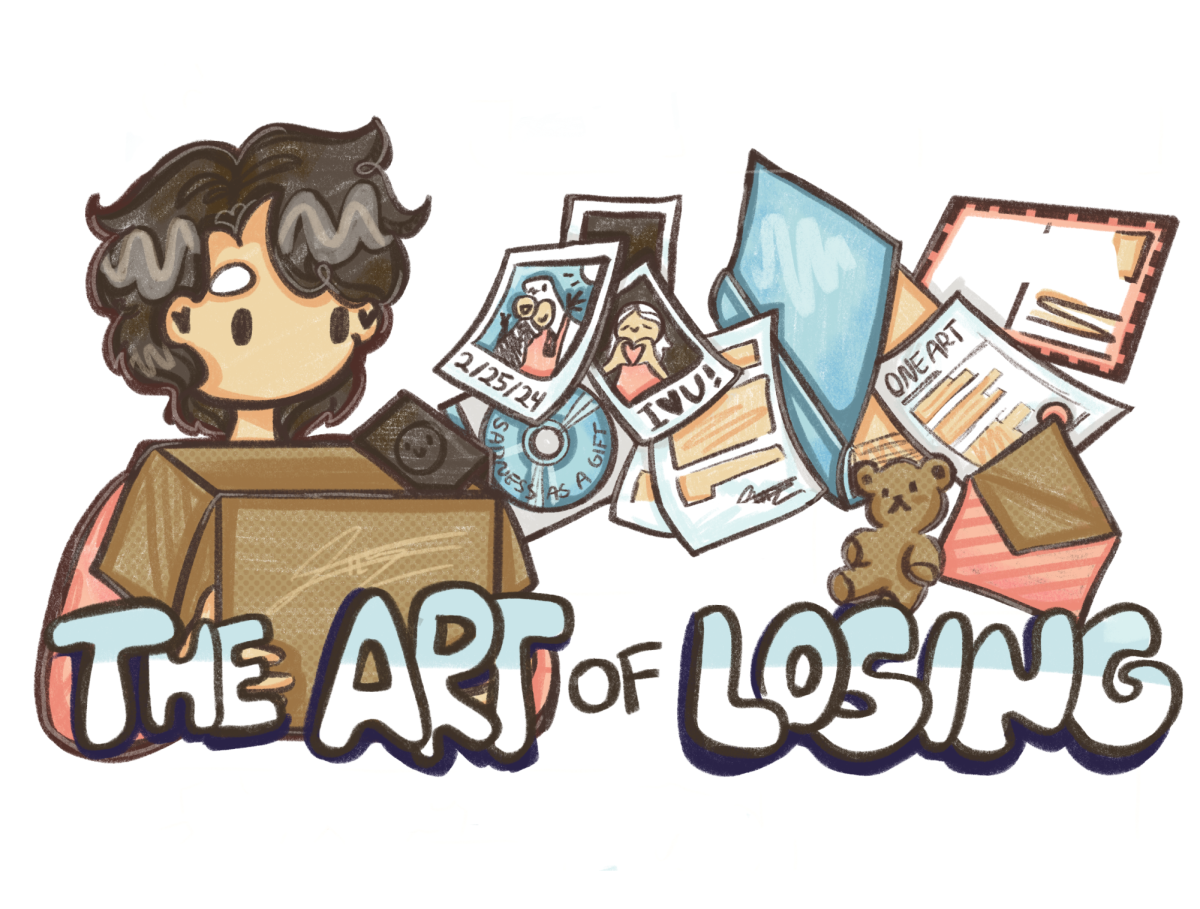e’ve all had those weeks. The weeks where it feels like there’s a test in each period, where it feels like every teacher forgot students have other classes, where it feels like there isn’t enough time in the day to get everything done. But we do. And after the dust settles and we get a moment to breathe, we ask ourselves: was it worth it? Was it worth the sleep deprivation, the time spent that could have been spent on more urgent things, to get pages of problems done? What did we learn from them? Did we learn from them at all?
And with the seemingly endless classes comes even more work. A lot of the time, the homework teachers assign holds little to no real educational value — it’s considered busy work. Instead of spending our time studying for a test the next day or writing an essay, busy work distracts students by making them complete tedious tasks. Oftentimes, our priorities should be elsewhere, but the daily grind of homework can interfere with those priorities.
In order to get everything done, we turn to classmates and the Internet for answers that we can easily copy. In fact, out of a survey of 303 students, 82 percent have copied homework answers from a friend or an online source. It may be deemed cheating to some, but to many, it’s a way of staying afloat in MVHS’ demanding environment, and others don’t view it as cheating at all: out of a survey of 299 students, 62 percent said that they did not consider copying homework answers to be cheating. At the end of the day, is it the students’ fault that they cheat on work that was assigned for the sake of being busy work?
The answer should be a resounding no. If anything, students are learning to prioritize certain tasks over others, like studying for a difficult test over doing 10 essentially identical problems out of a workbook. Skipping the assignment completely is an option, sure. But more often than not, however pointless the work, it’s still necessary to do it because even just one zero has the potential to tank a grade.
For many students, it’s a simple question of their priorities.Meaningfully doing the work and caring enough not to cheat almost only happens when the work, and consequently the learning that is intended to come out of it, holds a higher priority than the grade. But for the vast majority of busy work MVHS students are so accustomed to seeing, that is not the case. The points, or lack of points, often have a bigger impact than whatever benefits come out of copying answers from other sources.
To make sure that our grades remain intact, we frequently copy answers from other people or from online, which, under FUHSD’s Academic Integrity policy, is technically cheating. The fact that such cheating is so prolific at MVHS means that students often prioritize their grade over their learning, and that is a sign of a deeply rooted problem stemming from the attitudes of both students and teachers. Obviously, the school’s competitive environment and status as a survival school contributes, but it then becomes the responsibility of both students and teachers to adapt.
Adapting means teachers communicating effectively with both their students and other teachers, drawing the line between valuable work and busy work, and between collaboration and cheating, taking into account the fact that their students have many other classes to juggle.
It’s important to keep in mind that cheating is not behavior only associated with students struggling in a class. It is common to see students copy their homework but still understand the content of the class and thriving, which should be a sign to all of MVHS — students and teachers — that we need to reassess what truly makes cheating wrong or bad.
Copying off of another person’s homework does not necessarily make you a bad person. More likely, it is a survival skill to try and manage the difficult course load typical of MVHS. If someone is able to be successful in a class without needing to complete busy work, we shouldn’t look down on that. But if a student cheats on homework and then does poorly on an exam, it says to the teacher that the work a student put in wasn’t sufficient, and more needs to be done.
As it stands right now, copying another person’s homework is viewed more or less as a universal sin: it is perceived to indicate a moral deficiency, but many students do it anyway in order to stay afloat. But from a teacher’s perspective, students cheating indicates an unwillingness to put in the effort to learn, and oftentimes that effort only comes in after their grade is affected negatively.
In an ideal world, homework would be optional, with little to no impact on grades. However, if a student wanted a retake or another opportunity to make up a poor grade, they could do so if they had shown a willingness to learn beforehand. That way, it is left up to the students whether or not they feel they need the work, while still encouraging extra effort before it can cause a negative impact on one’s grade. Unfortunately, that is not the reality we live in, and we are restricted in the changes we can make.
Before anything else, we need to reassess our attitude about what is or is not considered cheating. Copying someone else’s homework in order to fulfill a meaningless requirement and focus on more valuable work isn’t a descriptor of moral character, but rather is an indication that students are prioritizing their time elsewhere.
Secondly, we as students need to care about learning and understanding the content in advance. While cheating may help a student in the short term, it shouldn’t be what we resort to. Instead, students have to put in more work rather than just doing what we need to survive, because ultimately, nobody wants that.
Therefore, it is crucial that teachers be able to assign work that helps students actually learn more than it causes students to feel like they are wasting their time. With more of a focus on meaningful assignments that build on learning, both students and teachers will create a more healthy and productive school environment.
For anything to be different, we need change on both sides — effort from everyone. Especially if we want to strengthen understanding, both students and teachers need to be engaged and willing to compromise. It’s impossible to satisfy everyone, but a little bit of communication goes a long way towards reducing the profusity of cheating in a school environment.
While tools like the conflict calendar fix these problems in theory, they are made useless when students don’t update them or when teachers don’t look at them. Without a feasible and effective way of understanding and minimizing workloads, students will simply resort back to cheating in order to get everything done, which becomes unproductive and detrimental to not only the individual student, but the school community as a whole.
If these actions are taken by students and teachers, MVHS might be able to breed less cheating and more meaningful collaboration. While there are always exceptions to this — math and language classes can benefit from daily homework — there is a significant difference between practice and pointless repetition. Distinguishing between those two is how we can help to foster a positive learning atmosphere where we don’t feel the need to cheat just to survive.

















